For anyone unfortunate enough to get struck by a jolt of electricity, it’s abundantly clear that we humans and this form of energy just don’t mix.
The strength of an electrical shock will determine the extent of its effects on an individual. A minor jolt can create an uncomfortable sensation that tingles, but a stronger one can lead to involuntary muscle contractions, respiratory obstacles, and potentially cause cardiac arrest.
For the safety of workers, numerous pieces of machinery and tools have been equipped with electrical insulation to shield them from the peril of electric jolts.
By adding insulation, the energy of electricity is blocked off and the user of the appliance is thus safeguarded from potentially getting an electric shock.
Electrical insulation can come in a variety of guises, with options ranging from rubber and plastic to fiberglass.
When attempting to select a suitable material for a specific task, it is essential to consider the various advantages and disadvantages of the available options.
Rubber is fashionable as a material for electrical insulation since it’s highly efficient in transporting electricity.
Although it can be utilized for wide-ranging applications, fragility unfortunately keeps it from being the top contender for use in implements that require substantial resilience to impact.
Electrical insulation is often constructed out of plastic, a material which has become increasingly popular in recent years.
Sturdier than rubber, it often serves as a preferred material for tools and equipment that will endure regular use; its superior ability to conduct electricity just adds to its appeal.
When it comes to insulation for electrical components, fiberglass is an oft-used material.
Rubber and plastic may be better conductors of electricity, however, none of them can handle heat like ceramic. Due to its heat-retaining ability, ceramic makes it an ideal choice for tools and equipment that will be operating in hot conditions.
In order to guarantee the safety of your electric tools and equipment, it is essential to continually inspect their insulation. No matter what type of material you have chosen for the task, maintaining it is key.
To make sure your possessions remain in good condition, it’s wise to keep them clean and free from dirt or dirt build-up, and to periodically inspect them for any signs of deterioration.
By heeding these straightforward strategies, you can make certain that your tools and equipment will go on protecting you from electrical shocks.
Related Product
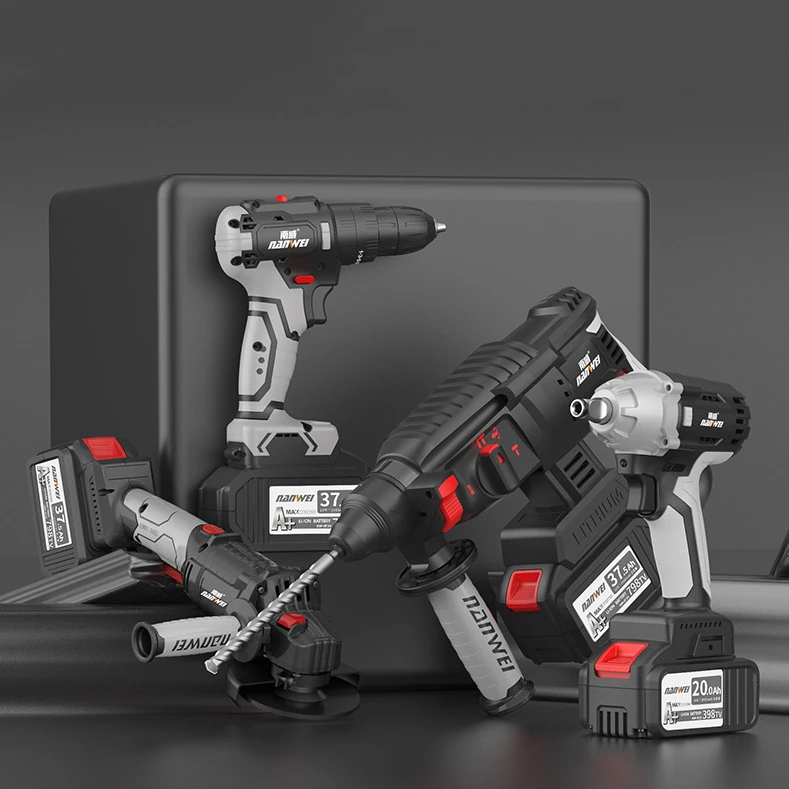
High Speed 12V Power Tools With Lithium Battery
Product Description Power Source Electric Biggest drill hole 16mm Customized support OEM Application Industry Dimensions 32mm Hammering frequency 6200 Frequency 6200 MOQ 1PCS Max. […]

High Quality Multifunction Battery Powered Drill For Sale
Warranty 1 years Voltage 21V Place of Origin China Brand Name MSK Model Number MSK-PT Power Source LI-ION BATTERY No-Load Speed 1350prm Drilling Diameter 10mm Features 1. Strong to […]

Miter Saw Trim Panel Machine
Product Information Brand MSK Maximum Processing Thickness 80 (mm) Type Panel Saw Maximum Processing Width 1250 (mm) Forms Of Work Fully Automatic Total Weight 600 (kg) Rate […]
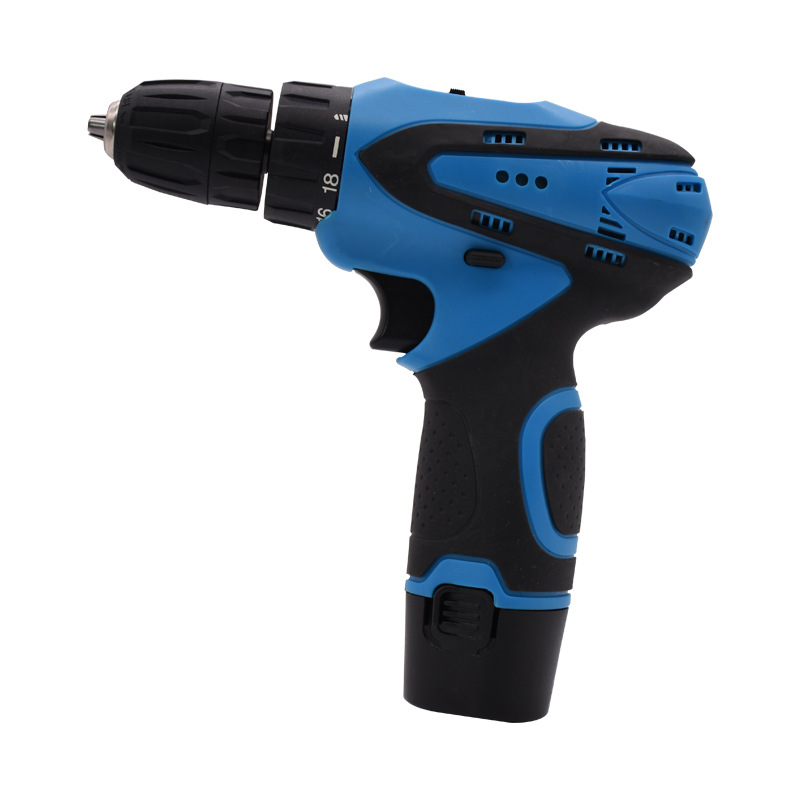
Power Tools Lithium Battery Power Drill Impact Drill
Product Information Brand MSK Power Type Rechargeable – Lithium Battery Technology Drill Holding Method Drill Chuck Forward And Reverse Direction About Scope Of Applic […]
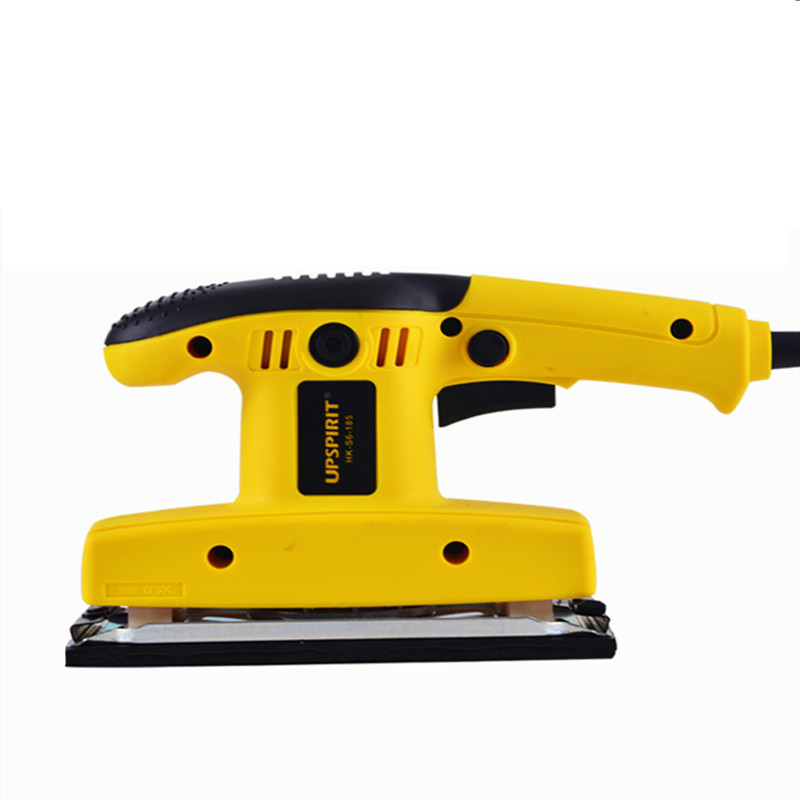
Belt Machine Floor Sander
Product Information Brand MSK Sandpaper Size 110*100 Scope Of Application Woodworking, Sheet Metal Putty, Facade, Metal Derusting And Polishing Appendix Export Standard, Eur […]
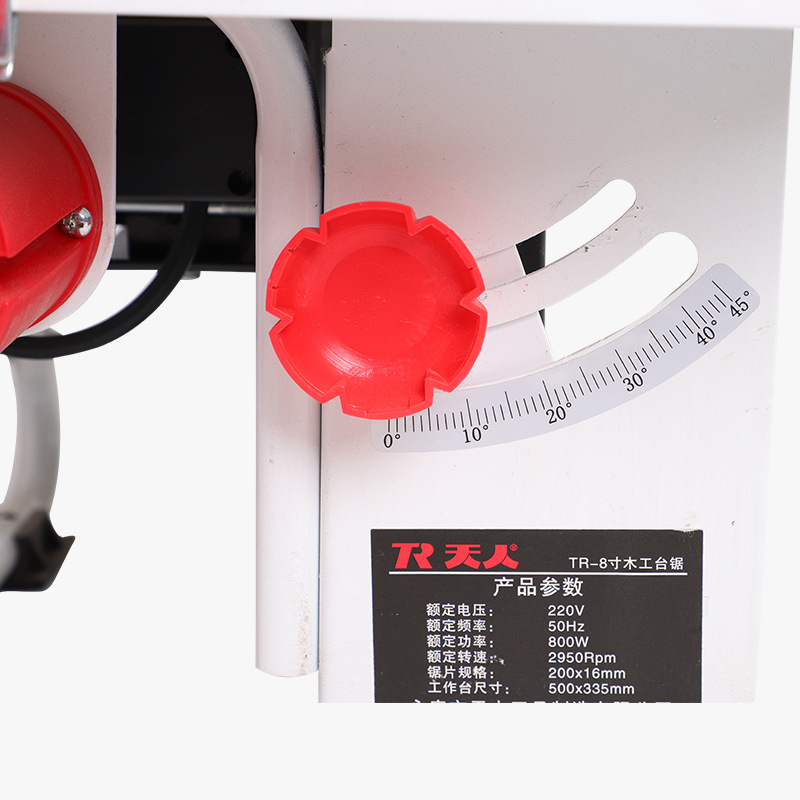
Woodworking Tools Woodworking Table Saw
Product Information Origin MSK Rated Voltage 220V Type Table Saw Scope Of Application Home Renovation Cutting Depth 45-27 (mm) Power Type AC Power Rated Input Power 800 (W) […]
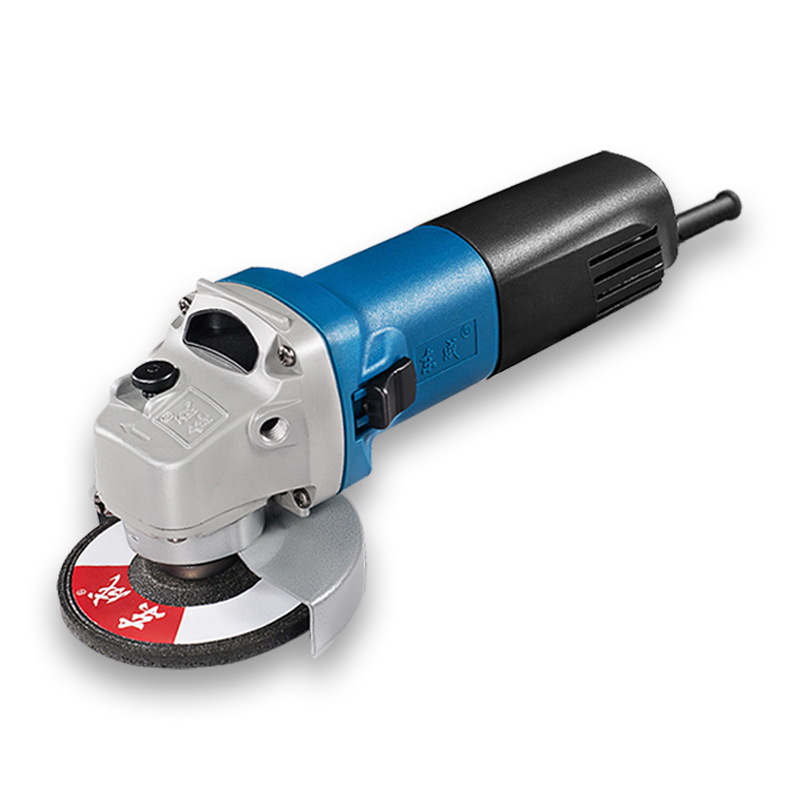
Home Cutting Machine Hand Grinder Power Tools Grinder
Product Information Brand MSK Model Electric Angle Grinder Scope Of Application Cutting, Grinding Appendix Wrench, Carbon Brush Rated Voltage Range AC Single-Phase And DC 50 […]
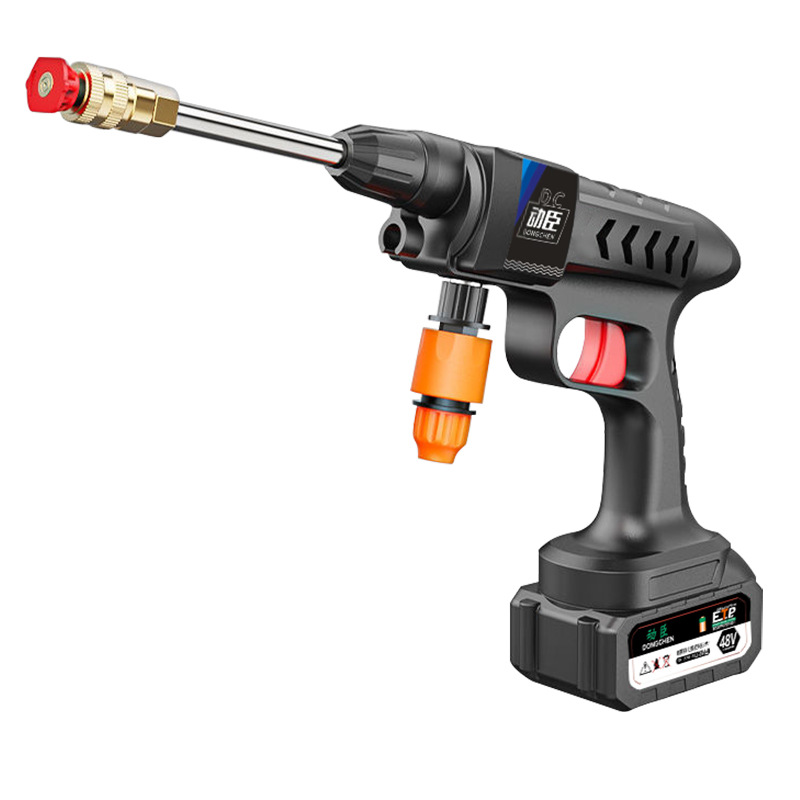
Factory Wholesale High Pressure Water Gun Wireless Lithium Battery Car Wash Gun Charging Portable Car Wash Machine Brush Car Wash Machine
Product Information Brand MSK Work Pressure 30bar Material ABS Flow 3L/min Outlet Pipe Length 5 Meters Weight 2.5kg Power Cord Length Charger 1 Meter Power 180W/360W Power S […]

Wookworking Tool Electric Hand Planer
Product Information Brand MSK Power Type AC Power Power Cord Length 1.8 Rated Voltage Range AC Single-Phase And DC 50V Above 250V And Below Scope Of Application Carpentry Vo […]

Battery-powered Cordless Chainsaws
Product Information Brand MSK Voltage Twenty Four Battery Power 2000 Standard Accessories Guide Chain Scope Of Application Pruning, Logging, Cutting Power Type Rechargeable […]
Post time: 2023-06-29
